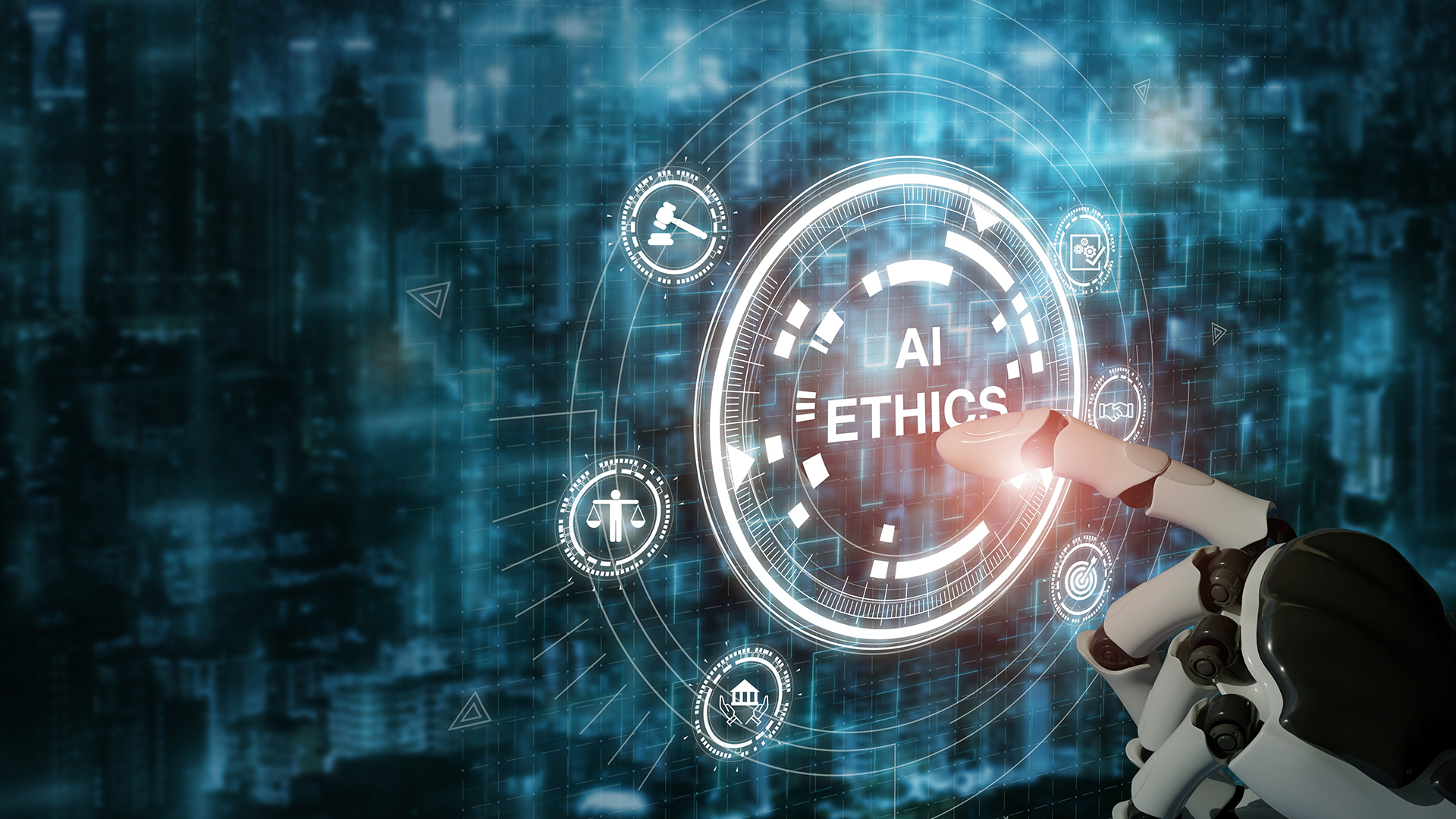
AI’s Leap Forward: Unlocking New Possibilities and Ethical ConsiderationsAI’s Leap Forward: Unlocking New Possibilities and Ethical Considerations Artificial intelligence (AI) has taken a significant leap forward in recent years, unlocking a world of possibilities and challenging our ethical boundaries. Unveiling New Possibilities * Enhanced healthcare: AI algorithms can diagnose diseases with greater accuracy, predict patient outcomes, and develop personalized treatment plans. * Automated industries: AI-powered robots and systems are transforming manufacturing, logistics, and other industries, increasing efficiency and productivity. * Personalized experiences: AI can tailor services and content to individual users’ preferences, enhancing online shopping, entertainment, and countless other domains. Ethical Considerations Amidst the excitement surrounding AI, several ethical considerations require careful attention: * Bias and discrimination: AI systems trained on biased data perpetuate existing societal inequalities. Ensuring fairness and inclusivity in AI development is crucial. * Job displacement: AI automation can lead to job losses in certain sectors. Governments and businesses must plan for a smooth transition and support workers affected by displacement. * Privacy and surveillance: AI can collect and analyze vast amounts of data, raising concerns about privacy violations and the potential for abuse. * Accountability and responsibility: As AI systems become more autonomous, it becomes increasingly difficult to determine who is responsible for their decisions and actions. * Existential risks: Some experts warn that advanced AI could pose existential risks to humanity if not developed and used responsibly. Addressing Ethical Challenges To mitigate these ethical challenges, policymakers, researchers, and technologists are working on various initiatives: * Developing ethical guidelines: Governments and international organizations are establishing guidelines to ensure responsible AI development and use. * Transparency and accountability: AI systems should be transparent about their data sources, algorithms, and decision-making processes. * Human-centered design: AI should be designed to complement human abilities and enhance our lives, not replace them. * Public engagement and education: Raising public awareness about AI’s ethical implications is essential for informed decision-making. * International cooperation: Addressing the ethical challenges of AI requires collaboration across nations and stakeholders. Conclusion AI’s leap forward presents both immense opportunities and profound ethical considerations. By addressing these challenges thoughtfully and proactively, we can harness the transformative power of AI to improve the human condition while safeguarding our values and well-being. The future of AI will ultimately be shaped by the choices we make today, ensuring that it serves as a force for good in society.
Posted inNews